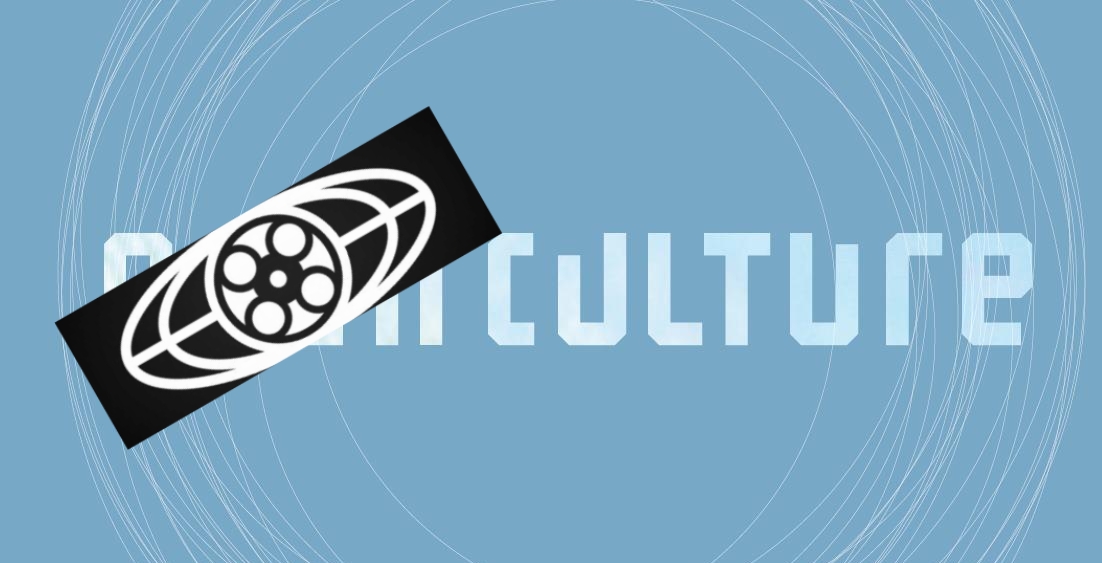Hollywood wants to censor films in the public domain

MPAA (Motion Picture Association of America), the American Film Association, which brings together major US filmmakers, decided in a peculiar way to deal not only with the distribution of pirated copies of film production, but now also with content distributed in the public domain (public domain).
According to the portal TorrentFreak , MPAA ran through requests for the removal of materials in Google on the portal OpenCulture.com , which has one of the largest collections of cultural and educational media content on the web. According to the MPAA, this online resource contains links to more than 700 motion pictures and they all violate copyright with free distribution.
')
It is noteworthy that Open Culture does not serve as content hosting, but is a collector of links to other Internet resources that spread to the free access those works that have passed into the public domain. Most of the links are given to such portals as Archive.org, YouTube, Vimeo, and in some cases video from external hosting sites is embedded on the pages of the portal itself.
The MPAA is in the habit of sending requests to Google not on sites that are clearly copyright infringing, but incl. those sites that are supposed to violate them, demanding to remove the entire home page of various Internet resources at once.
A few days ago, for example, MPAA sent a request to Google to remove the link to the home page of one of the popular torrent sites Kickass.so, along with several other torrent portals. As in previous similar cases, Google refused to do this, because the request was too wide.

And now the requests from MPAA for removal from the search results of the materials have become more alarming - with a new goal from Hollywood filmmakers - these are requests to Google to remove links to content in the public domain.
As assured by Dan Colman (Dan Colman) of Stanford University, who is the founder and lead editor of the portal OpenCulture.com, the content of the content on this site is chosen with special care.
The MPAA, however, asked Google to remove the entire page (containing links to 700 films) from the search results, as shown in the image below:

All this once again puts the right holders in a better light and confirms their frantic desire to fight the spread of free knowledge at any cost.
In free licenses and public cultural heritage, they see a threat to their business.
Let me remind you that the Time to Change Copyright campaign continues in Russia, which should help level out such desires of rights holders to put as many barriers as possible between the author and the consumer instead of being effective intermediaries of the cultural exchange process that take into account the interests of all parties.
As part of this work, 2 bills have already been made to the State Duma (No. 525953-6 and No. 525979-6), amending part 4 of the Civil Code of the Russian Federation. More information about the bills themselves can be found here (paragraph 2 and 3 from the “positive trend”), as well as from the sardarbinyan post “The Soviet cultural and scientific heritage is freed from the clutches of copyright. Expanding the “public domain” mode.
Source: https://habr.com/ru/post/375623/
All Articles